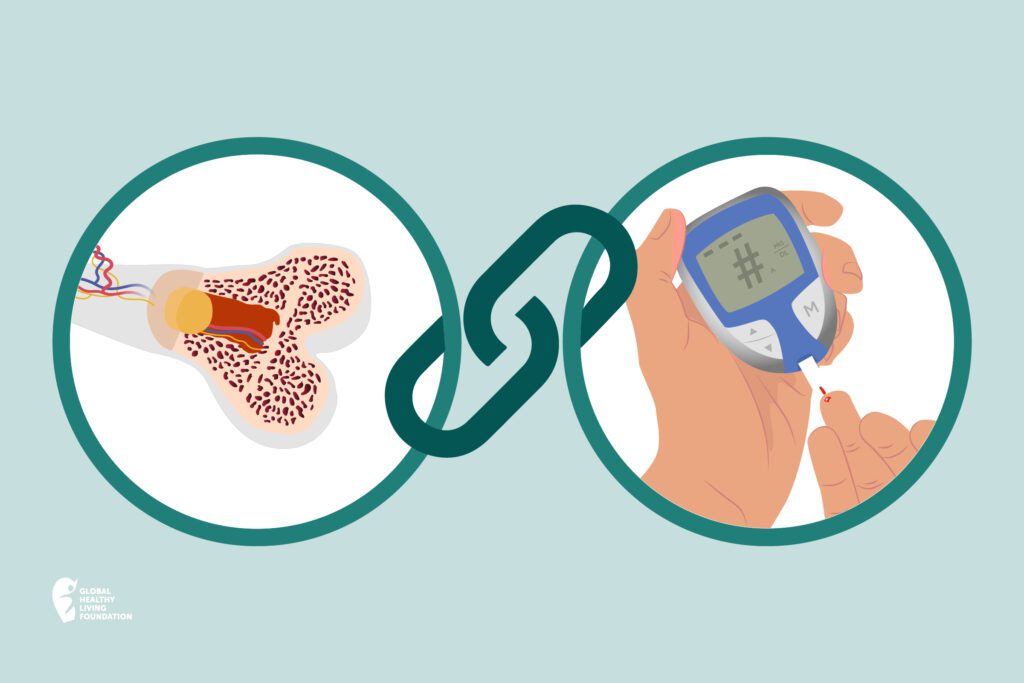
The back-to-school period signifies one of the most hectic times of the year for health care providers (HCPs), as medical offices become busy with young patients and families readying for the upcoming year. These appointments are crucial for completing physical evaluations, immunization paperwork, and age-appropriate screenings. Beyond being routine, these checkups present vital chances to discuss risk factors and identify early indicators of health concerns. Nevertheless, a silent condition often goes unnoticed during these assessments: type 1 diabetes (T1D).
As a pediatric endocrinologist, I often meet young patients and their families during this time who share a similar narrative: they were unaware of T1D until they encountered complications. This is alarming considering that approximately 27,000 new pediatric T1D cases are identified each year in the U.S., with up to 62% of newly diagnosed individuals facing life-threatening incidents that necessitate hospitalization.
Back-to-school evaluations offer HCPs a significant chance to reshape the conversation regarding T1D—transforming these visits into a launchpad for education, awareness, and proactive steps. Here’s how we can successfully incorporate T1D into routine care:
**Dismantle the Stigma Surrounding Screening**
It is not unusual to find parents who are hesitant about proactive health screenings for their children, especially for chronic autoimmune conditions like T1D. As a parent with T1D, I struggled with uncertainty and guilt about screening my own kids. However, by fostering a supportive environment for open discussions during the back-to-school timeframe, HCPs can assist parents in making knowledgeable choices about early T1D risk identification, ultimately removing the stigma associated with screening.
**Empower Families Through Honest Communication**
Numerous misconceptions about T1D exist, such as the notion that it is a binary diagnosis when, in fact, it is a progressive illness. Around 90% of individuals diagnosed do not have a family history of T1D, highlighting the necessity to reframe discussions with all patients—not just those perceived to have risk factors. Free-flowing dialogue during back-to-school visits enables HCPs to inform families about risk factors, the significance of early identification, and the straightforward nature of autoantibody testing.
**A Final Note Before the School Bell Rings**
For many families, back-to-school visits may represent the only occasion they consult their doctors throughout the year. Hence, it is vital for HCPs to educate, advocate for, and empower these families in making well-informed health choices. New state regulations promoting T1D education within school systems may lead to more inquiries in the upcoming year. As HCPs, it is crucial to be ready to respond to these questions. From both personal and professional perspectives, the importance of discussions surrounding T1D cannot be emphasized enough. As the academic year commences, so does our chance to guarantee that T1D is not overlooked.